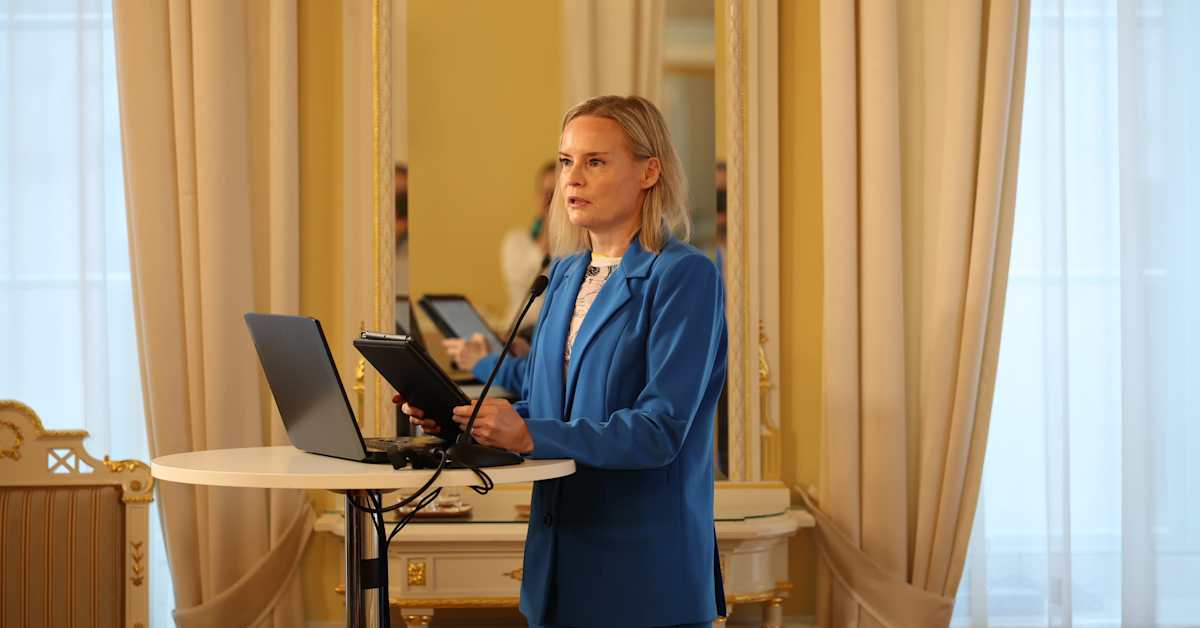Germany Unveils 'Investment Booster' Package Before Summer Break: What Businesses Need to Know

Germany's Finance Minister, Lars Klingbeil, has announced a significant package of measures designed to stimulate investment within the country, just before the summer parliamentary break. This move comes amidst ongoing global trade uncertainties and aims to bolster the German economy and ensure its continued stability. The 'investment booster,' as it's being called, is expected to provide a much-needed shot in the arm for businesses and encourage long-term growth.
Why the Urgency?
The decision to roll out these measures now is strategic. The summer break traditionally sees a slowdown in parliamentary activity, making it a crucial window to push through legislation before a potential shift in political priorities. Klingbeil emphasized the importance of acting swiftly to counteract the headwinds facing the German economy, particularly those stemming from global trade tensions and supply chain disruptions.
What's in the Package?
While the specifics are still being finalized, early reports suggest the 'investment booster' will include a combination of tax incentives, streamlined bureaucratic processes, and targeted support for key industries. Key areas of focus are expected to include:
- Tax Breaks for Businesses: Potential reductions in corporate taxes or incentives for investment in research and development are being considered. This aims to make Germany a more attractive destination for both domestic and foreign investment.
- Simplifying Regulations: A major component of the plan is to cut red tape and simplify the regulatory environment for businesses. This includes reducing administrative burdens and streamlining approval processes for investment projects.
- Support for Strategic Industries: The package is likely to include targeted support for industries deemed strategically important for Germany's future, such as renewable energy, digital technology, and advanced manufacturing. This may involve grants, subsidies, or loan guarantees.
- Infrastructure Investment: While not explicitly part of the 'investment booster' moniker, it's expected that the package will also contribute to ongoing infrastructure projects, further stimulating economic activity.
Impact on Businesses
The 'investment booster' is anticipated to have a positive impact on businesses of all sizes. Smaller businesses, in particular, could benefit from the simplified regulations and access to funding. Larger companies are likely to be encouraged to expand their operations and invest in new technologies. The overall effect should be increased economic activity, job creation, and a stronger German economy.
Challenges Ahead
Despite the optimism surrounding the package, challenges remain. The global economic outlook is uncertain, and Germany faces competition from other countries seeking to attract investment. Furthermore, the details of the package still need to be finalized and approved by parliament, which could be subject to political debate and potential amendments. Inflationary pressures and rising interest rates also pose a risk to investment plans.
Looking Ahead
The German government is hoping that the 'investment booster' will provide a much-needed boost to the economy and help to mitigate the impact of global uncertainties. Businesses are advised to closely monitor the details of the package as they emerge and to take advantage of the opportunities that it presents. The success of the initiative will be crucial for Germany's economic future and its ability to remain a leading global economic power. Experts will be watching closely to see if the measures are sufficient to counteract the existing headwinds and whether they can truly deliver the promised investment surge.






